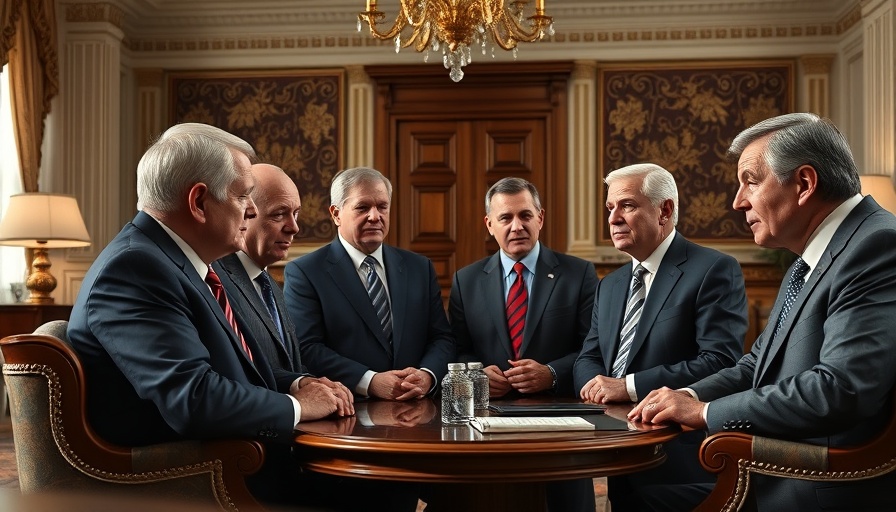
Missteps in National Security: A Major Breach of Protocol
In a stunning revelation, a well-known journalist found himself inadvertently included in a group chat among U.S. national security officials discussing plans for military strikes in Yemen. This incident, involving high-ranking officials such as Vice President JD Vance and Defense Secretary Pete Hegseth, exposes significant vulnerabilities in communication protocols within the government. The chat was conducted on Signal, an encrypted messaging app favored by both journalists and government officials due to its secure nature.
The Context: U.S. Military Actions Against the Houthis
The backdrop of this incident lies in a series of impactful military operations against the Houthi rebels in Yemen. The U.S. government described the airstrikes launched on March 15 as "decisive and powerful." However, details disclosed to the journalist, including sensitive information about targets and timing, raised immediate concerns about the integrity of operational security and the potential implications of such a leak.
The Role of Technology in National Security
This incident serves as a reminder of how integrated technology has become in modern warfare discussions. Although platforms like Signal are designed to provide secure communication, the existence of this breach showcases the risks involved when sensitive discussions inadvertently include unauthorized parties. This may lead to calls for stricter precautions and better training for officials to prevent similar occurrences in the future.
Implications for U.S. National Security Leadership
The presence of cabinet members and national security advisors in the group chat further complicates the narrative. During a time when consistent messaging from leadership is crucial, disagreements within the chat, such as one account questioning President Trump's awareness of diplomatic inconsistencies, could undermine public confidence in government strategy. "I am not sure the president is aware how inconsistent this is with his message on Europe right now," stated the account attributed to Vice President Vance.
What This Means for Confidential Communications
The consequences of this incident are likely to ripple through the national security community. Enhanced scrutiny may be directed towards communications practices, highlighting the importance of secure lines of dialogue that protect sensitive information against the risks of unintentional leaks.
As legal and financial professionals, understanding the implications of such national security breaches can inform how risk is assessed in your own sectors. In an increasingly interconnected world, being informed about how such incidents can affect broader security and relationship dynamics can play a pivotal role in decision-making processes.
 Add Row
Add Row  Add Element
Add Element 



Write A Comment